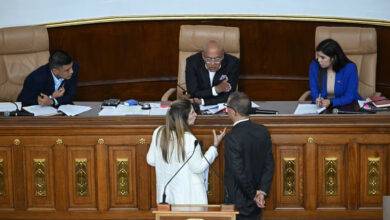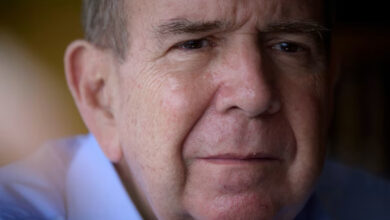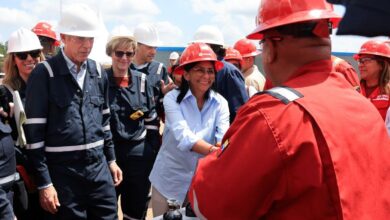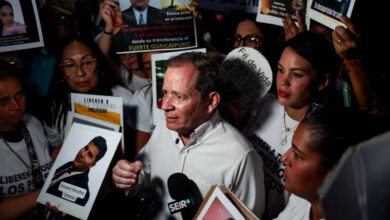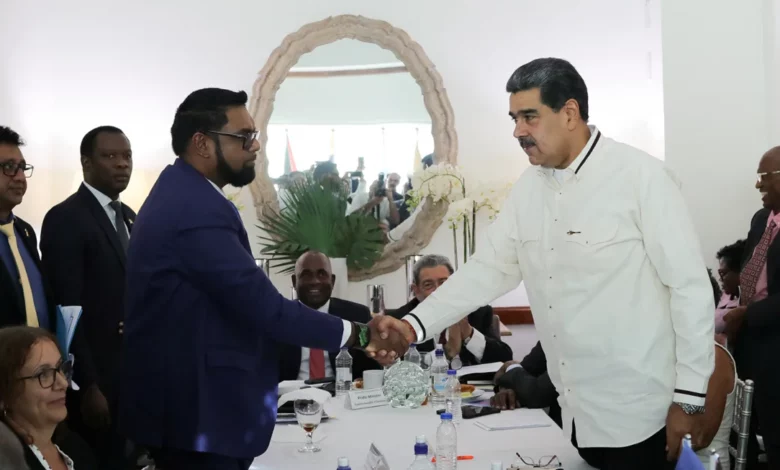
Still, the two countries’ positions on the Essequibo region remained vastly at odds after a day-long summit held on the Caribbean island of St. Vincent and the Grenadines, with a joint declaration issued at its conclusion affirming both Guyana’s view that the dispute should be resolved by the International Court of Justice and Venezuela’s “lack of consent and lack of recognition of the International Court of Justice and its jurisdiction in the border controversy.”
Tension over the land, which amounts to about two-thirds of Guyanese national territory, has mounted in recent days after a Venezuelan referendum in which voters assented to the creation of a Venezuelan state within the disputed region. Guyana has called the move a step towards annexation and an “existential” threat.
In the joint declaration, both countries agreed to “not threaten or use force against one another in any circumstances” and “refrain, whether by words or deeds, from escalating any conflict or disagreement arising from any controversy between them.”
The joint commission will include each country’s foreign minister and technical staff “to address matters as mutually agreed” and should issue an update within three months, the declaration said. Both countries also agreed to meet again in Brazil in the following months “to consider any matter with implications for the territory in dispute.”
Earlier Thursday, Venezuelan President Nicolas Maduro and Guyanese President Irfaan Ali shook hands, video of the meeting showed, with the two men surrounded by advisers and officials from regional Caribbean blocs at the Argyle International Airport near the island’s capital Kingston.
At a news conference held between meetings, Ali told reporters that “there is absolutely no retreat by Guyana in ensuring that this matter is determined by the ICJ and that the outcome of this matter at the ICJ be respected by all.”
“We made it very clear that Guyana is not the aggressor, Guyana is not seeking war,” he added, “but Guyana reserves the right to work with all our partners to ensure the defense of our country.”
Venezuela has long laid claim to the Essequibo and rejects an 1899 ruling by an international tribunal that set the boundaries.
In a statement on X describing the Thursday meeting, the Venezuelan government said that leaders of the two countries had expressed their “willingness to continue with the dialogue” and “resolve the controversy in relation to the Essequibo territory.”
Maduro later shared a copy of the declaration on X, writing, “excellent day of dialogue!”
The prime ministers of St. Vincent and the Grenadines and Dominica as well as envoys from the UN and Brazil were in the room for the meetings acting as interlocutors.
The leaders of St. Vincent and the Grenadines and Dominica also currently serve as the heads of two important regional blocs, the Community of Latin American and Caribbean States (CELAC) and the Caribbean Community (CARICOM) respectively.

